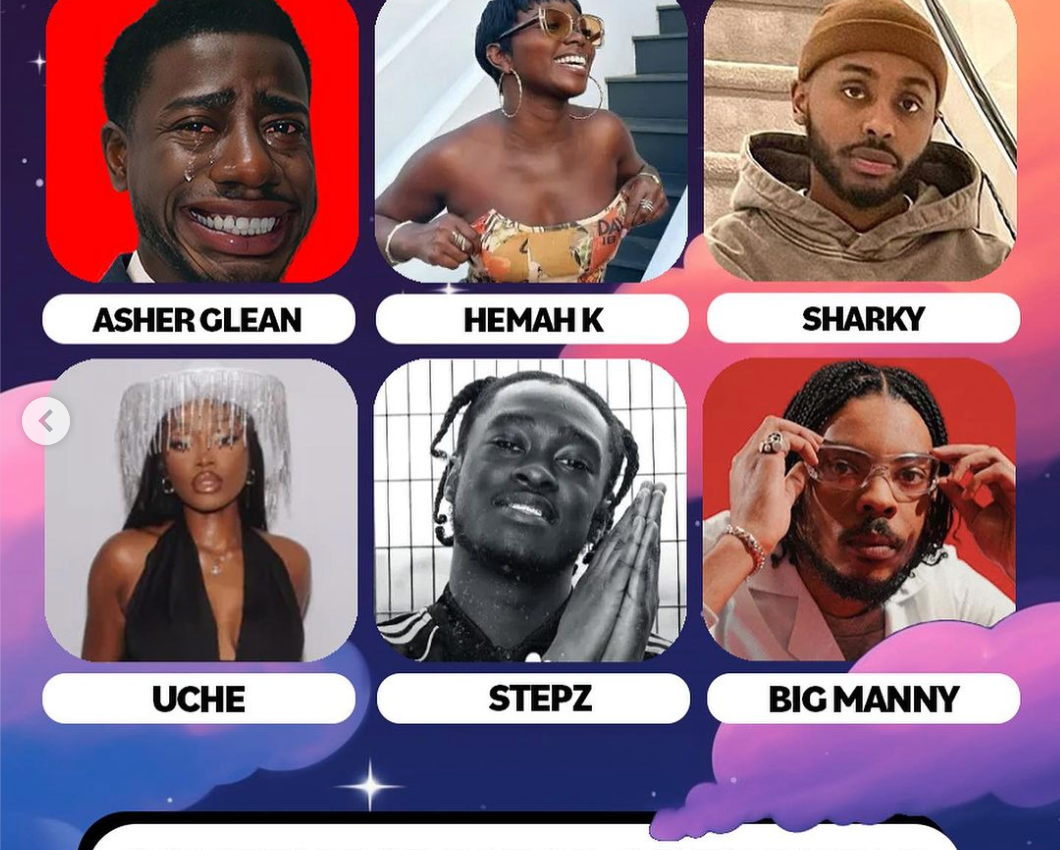Lucy Letby, content creation and Twitter [@simply_sayo] [@jasebyjason] [@ayoceaser]
![Lucy Letby, content creation and Twitter [@simply_sayo] [@jasebyjason] [@ayoceaser]](https://guap.co/wp-content/uploads/2023/09/Screenshot-2023-09-01-at-12.59.50.png)
Lucy Letby, 33 years old, is a former neonatal nurse and now Britain’s most prolific child killer in modern history. Her name has overwhelmed news outlets and social media since November 2020, when the police charged her with murder. Between June 2015 and June 2016, Letby murdered at least seven babies and attempted to murder another six.
Regarding Letby’s crimes, experts and the public took the presumption of innocence to new extremes. Dr Ravi Jayaram, the doctor who initially suspected Letby for murdering babies, describes the resistance he experienced when trying to raise his concerns. Chief executives described his explanation as ‘convenient,’ forcing Dr. Ravi and others to apologise to Letby.
Even now that Letby has been charged with murder, her support is unwavering. #LucyLetbyInnocent is still viral on TikTok with videos from apologists. Her childhood friend recently spoke to BBC One, stating, “Unless Lucy turned around and said ‘I’m guilty,’ I will never believe that she’s guilty.”
The repeated disbelief and denial begs the question: Did we give Letby a generous presumption of innocence because of her whiteness? Under the patriarchy, white women are perceived as damsels in distress. They are victims, never villains.
@Simply_sayo raised the point in her recent ‘KPoem’ where she suggested that Letby benefitted from the positive confirmation biases of being a white woman. White privilege has, she insisted, repeatedly been at play in the Letby case.
But what appeared to be ordinary critical race thinking triggered a backlash, especially from others on the left. Ash Sarkar, journalist and communist activist, described it as “reductive” to say that Letby would have been caught sooner if she was a woman of color.
She reasoned that other female nurses, such as Beverley Allitt, had killed four children, and the hospital contacted the police after several days despite her being white.
Yet the reasoning is palpably flawed. It ignores the evidence and the lived experiences, which all tell the same narrative of white privilege. Official data published by the Nursing and Midwifery Council shows that BAME nurses are referred to the regulator and thus monitored more than their white counterparts.
Likewise, BAME NHS staff retaliated to Ash’s comments by detailing their experience of such overregulation and requirements of perfectionism. So, while the suspicion that white privilege was at play may be unsubstantiated, the analysis cannot be dismissed as simply reductive.
But there are more concerns beyond potential reductiveness – is the use of content creation for such a tragedy justified in the first place? Writer @jasebyjason expressed his discontent at the content creation of the Lucy Letby case. The issue was that everything is now seen as “an opportunity to capitalize on content, engagement, and the spotlight.” People are now keen to “represent themselves as leading talking heads on a matter they have zero expertise on.”
In all fairness to Sayo, spoken words and rhymes do not negate the seriousness of a tragedy. Yet Jason’s words remain valid as a general criticism of our zeitgeist. After the 2020 Black Lives Matter movement, the face of activism began to change. Activism was no longer this counter-cultural force that generated resistance, as seen in the 1960s with civil rights movements. Instead, activism has become both palatable and profitable. Individuals and corporations can now build online brands from being politically active. Activism is not something that challenges the masses but appeals to them.
So, it is not shocking that our social response to tragedies is to generate political content. And while the messages and analyses may be insightful, that very response reveals a blurred line between politics and tragedy on the one hand and range on the other.
For more articles like this, check our Arts and Culture section here.




![ZINO VINCI’S ‘FILTHY & DISGUSTING’EP BRINGS YOU TO THE CORE OF THE ARTIST [@ZinoVinci]](https://guap.co/wp-content/uploads/2023/10/Zino-4.jpg)





![Remel London’s [@Remel_London] “Mainstream” is a must attend for upcoming presenters!](https://guap.co/wp-content/uploads/2017/02/REMEL-LONDON-FLYER-FINAL-YELLOW-COMPLETE-1.png)